"It was the exact kind of left turn I needed": How the recursive design of Maquette inspired its creator to tell a modern love story
Maquette creator Hanford Lemoore on workshopping lines with Bryce Dallas Howard for this month's PS5 PS Plus freebie
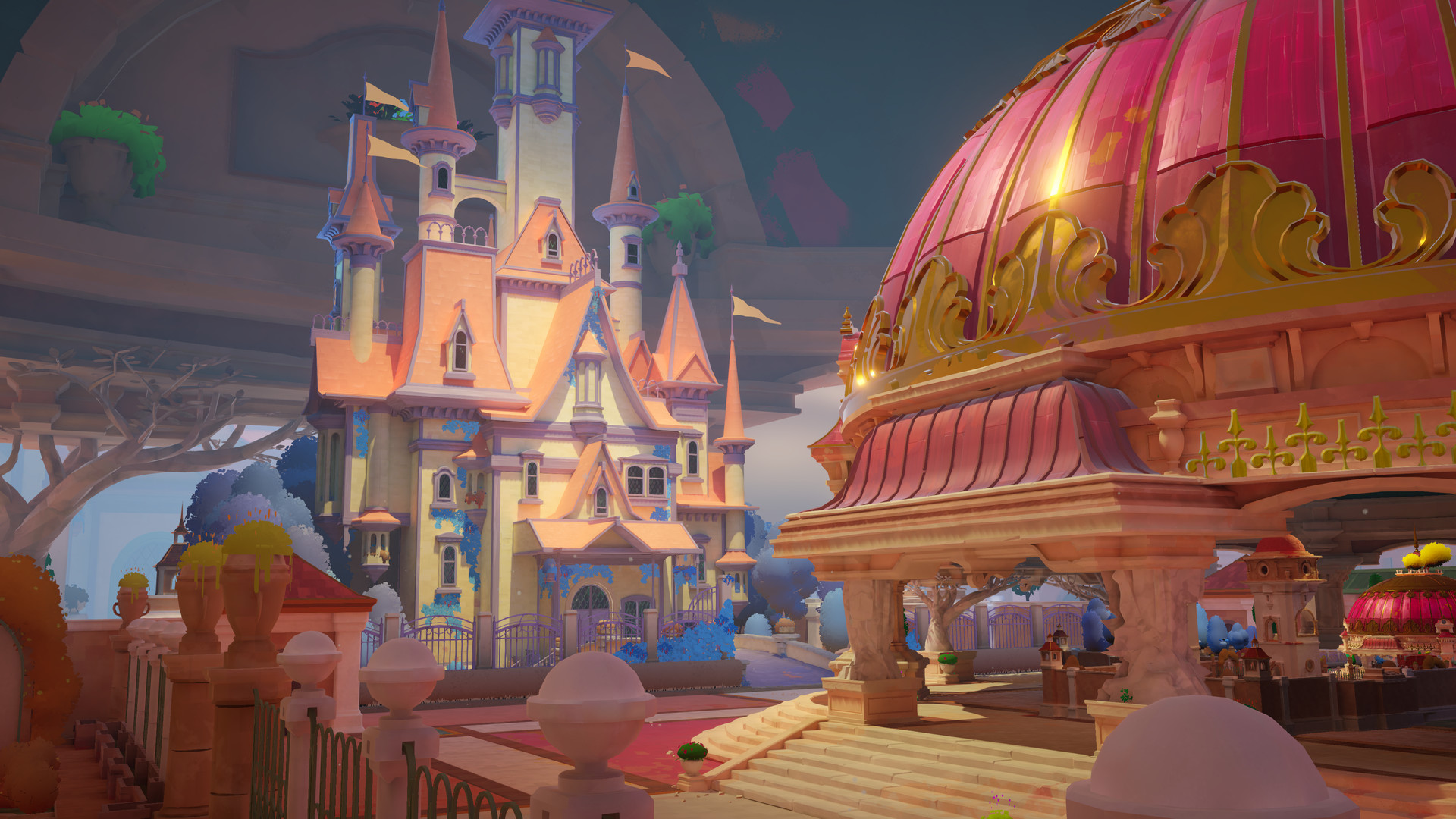
If there's one thing you should know about Annapurna Interactive's portfolio of story-driven titles, it's that A-list actors are the norm, not the exception. From Daisy Ridley, James McAvoy, and Willem Dafoe leading the intimate cast of 12 Minutes, to Keri Russel and Kaitlyn Dever playing a mother and daughter duo in Open Roads, the video game publishing branch of Annapurna Pictures knows how to put its Hollywood contact book to good use.
For a more imminent example, take Maquette, arriving free to PS Plus this week for PS5 owners (the game is also available on PS4 and PC). Developer Graceful Decay's debut project, a puzzle game centred around the concept of recursion, follows a modern love story set in San Francisco, with its two leads played by real life power couple Bryce Dallas Howard and Seth Gabel. For creative director Hanford Lemoore, watching his dialogue come to life through the voices of two stars of the small and big screen was an experience, to say the least.
"They recorded in their house in New York, and I was here directing remotely in Nevada, and my sound engineer was controlling the computer we had set up from Oakland. Bryce and Seth would read through a scene, we'd talk about it with each other, and oftentimes they would rework the scene right there. There were several times where Bryce pointed out correctly that a certain line didn't feel right for the scene, and so we would workshop it there and rewrite it."
"It would be incredible to watch them literally have an argument in a scene, while I'm watching, and then basically return to normal saying 'How was that?' And then I would say, 'Do that, but don't get quite as angry'. And then they would just magically do it again. It was an emotional roller coaster because it's so believable, they're literally arguing with each other and it's really awkward. And then all of a sudden, they're right back to being themselves! It was surreal."
Size matters not
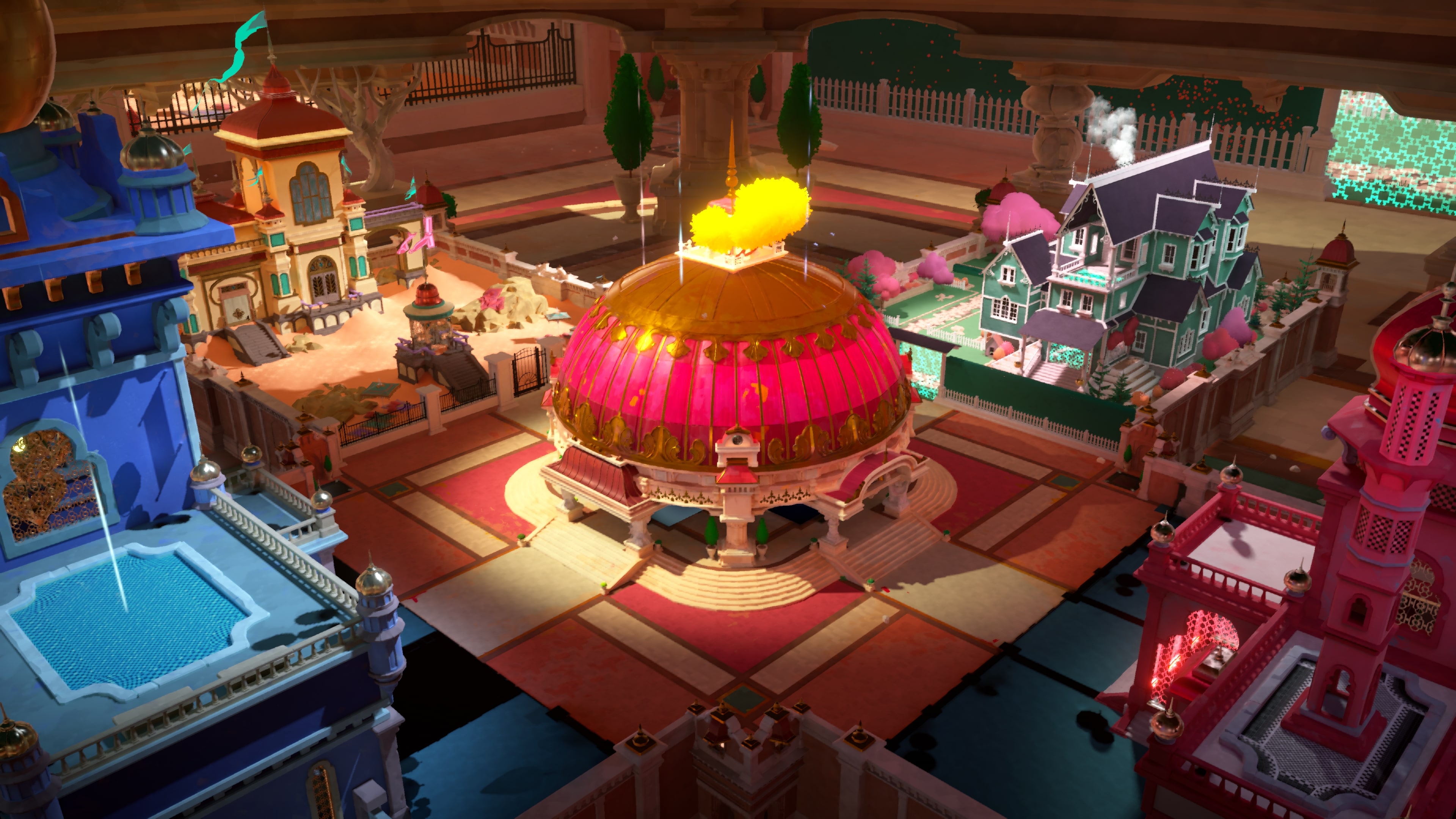
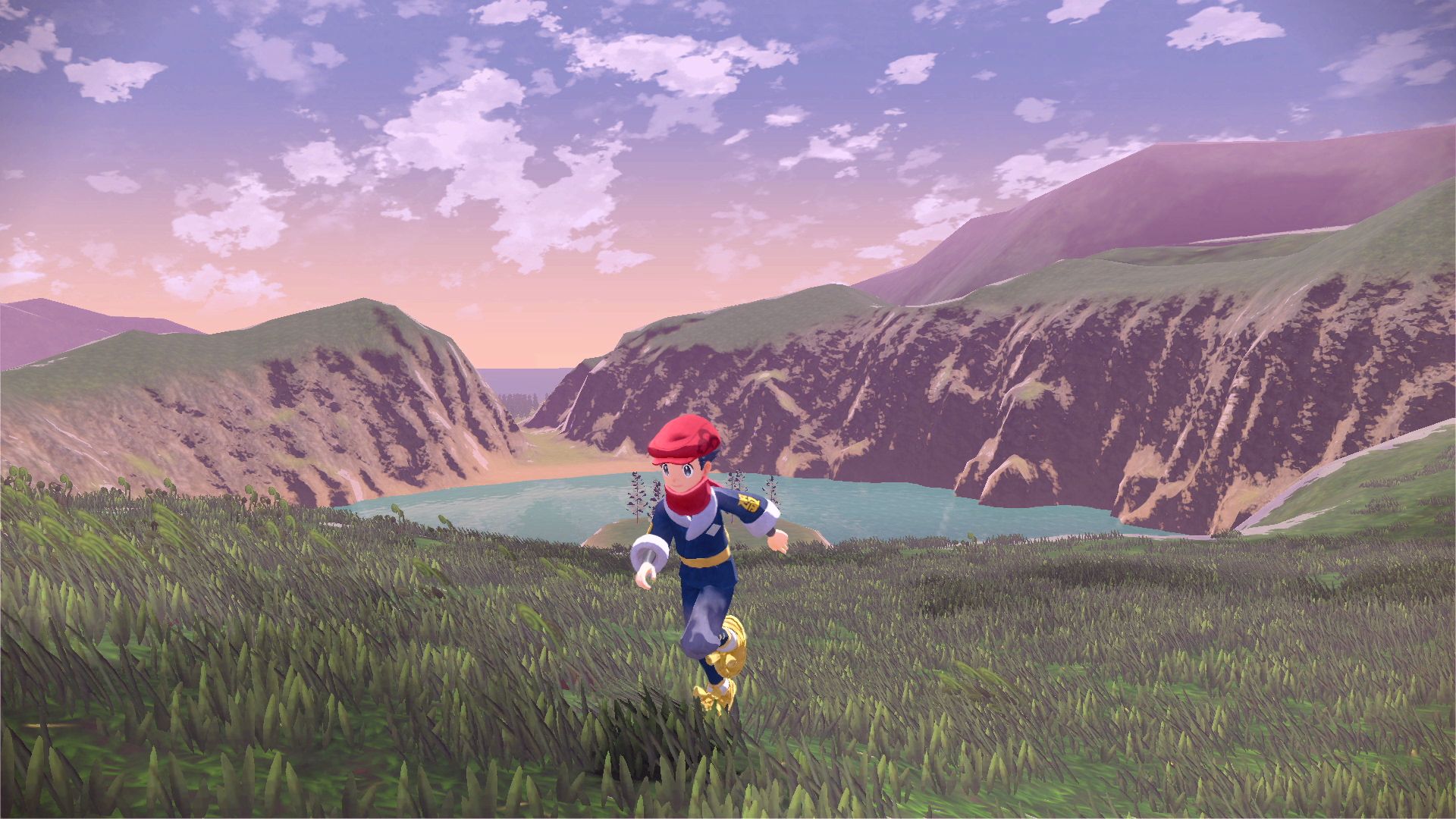
Pokemon Legends: Arceus looks to be the open world evolution we've always dreamt of
Surreal is the perfect word to describe Maquette, which takes place entirely inside a sketchbook come to life, as Michael (Gabel) looks back on his relationship with long lost love Kenzie (Dallas Howard). Each level is recursive, meaning that it exists within itself simultaneously, and the player can use that structure to manipulate the size of objects and progress through areas. It's a genius idea that's much better understood through being seen rather than described; something which Lemoore is readily aware of.
"Really early on in my design, the recursive mechanic started to show all sorts of interesting things right away. You start moving things and taking things between levels of recursion and whatnot, and you start to see interesting behaviours and think 'Oh, that's unexpected'. And whenever I had one of those moments, I was like 'Well, there's another puzzle!'. Maquette's mechanic was just rich with that. Right away, I just saw all the potential for it; there were just lots and lots of really interesting things. So the game kind of designs itself in that regard. It was up to me to unearth those things and create interesting scenarios that challenge you."
Lemoore isn't over exaggerating about the potential of these mind-bending logic puzzles. Take a key you've used to open a door, place it in the smaller version model of the world, and suddenly you've got yourself a giant, moveable bridge with which to navigate gaps to new areas. The coolest part is that Maquette's simulation of this effect opens the door to creative problem solving that perhaps Graceful Decay hadn't even considered.
Sign up to the GamesRadar+ Newsletter
Weekly digests, tales from the communities you love, and more
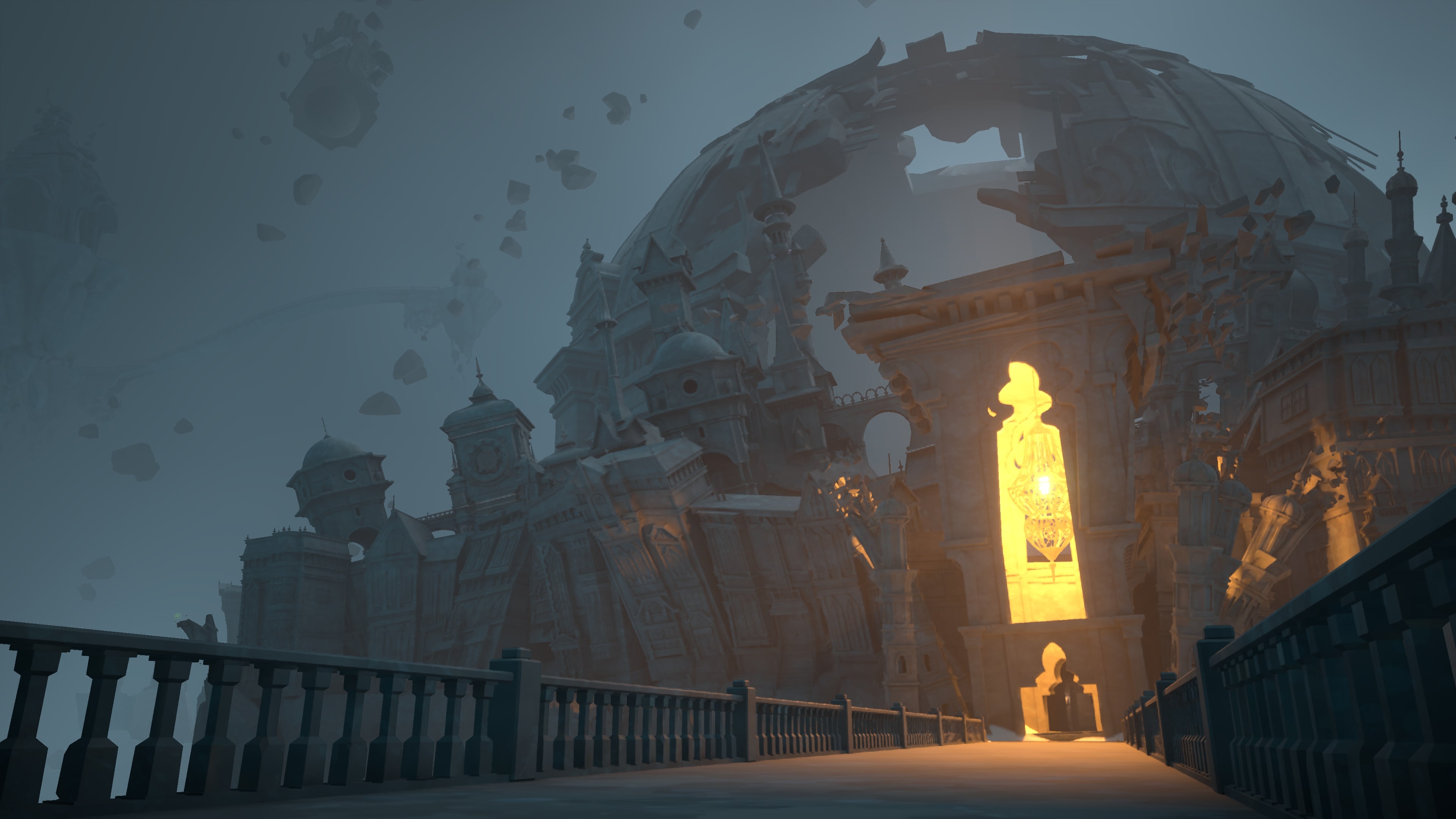
In one instance, I found a ticket the size of a beach ball, and spent several minutes trying to correctly place it in the smaller world in such a manner that it would act as a giant ramp to take me over a barred fence. It wasn't until some time later that I realised I could have instead shrunk the object to fit in a ticket box that would open up a completely different area of the map. When I tell Lemoore about this, he laughs, revealing that "the ticket workaround is a common one".
"We try to set puzzles up with an intended solution, and we gently telegraph that solution to the player," he explains. "But that said, it's a physics game. And we all know how unpredictable physics and video games can be. So any solution that the player comes up with, I'm always interested to see."
"Originally, I was trying to make an ironclad puzzle design where people could only solve things in one way. But at some point, you realise if the player has an 'a-ha!' moment that we didn't expect them to have, we're not really going to be able to stop that. The rule is try to guide players in a certain direction, but definitely don't keep them from having their fun if they want to play in a certain way."
The shape of love
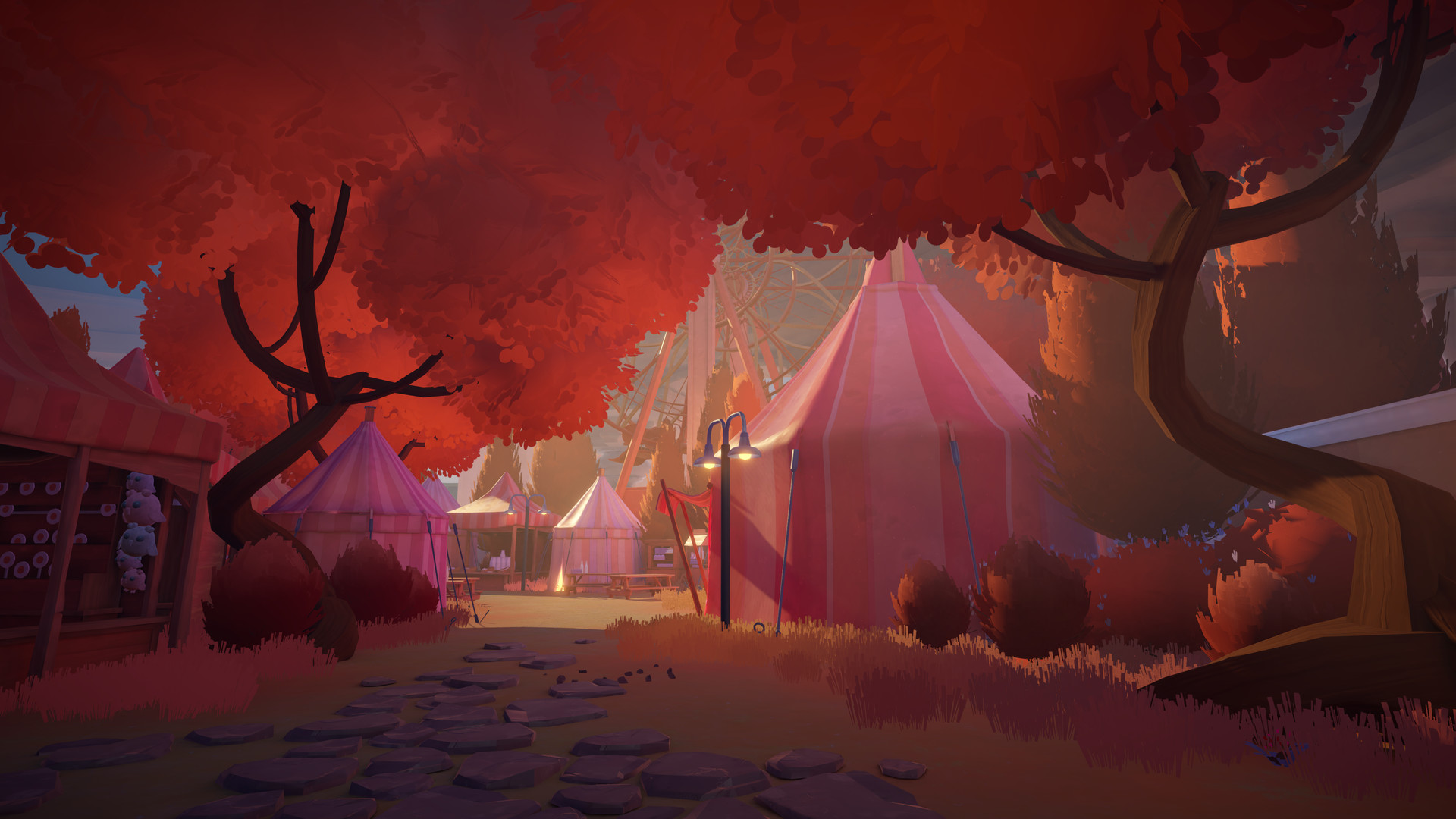
"We all know how unpredictable video game physics can be"
Hanford Lemoore
As challenging as its puzzles can be, Maquette is an inherently lovely experience, its neo-Victorian architecture and Bay Area indie soundtrack all working to evoke the enchanting ambience of San Francisco, where Michael and Kenzie's love affair takes place. A wistful romance might not immediately make sense for a puzzle game anchored around geometry and logic, but Lemoore tells me that Maquette's narrative has been a crucial north star in guiding the pace and structure of the game's experience.
"Originally, I'd written a fairy tale with a character trapped in a recursive dungeon by an evil wizard," says Lemoore. "But after a couple of years developing it, I realised I didn't really care about telling that story. So I went back to the drawing board and started just writing stories, not specifically for Maquette, but to remind myself of why I like telling them, and what I like about them. And when I came across the romance, I realised that it was the exact kind of left turn that I needed to make this work. Once we had the story in place, I realised we just needed enough puzzles to tell the story correctly, and give the player the kind of puzzles that would match the emotional arc of the story."
In walking a deft balance between mathematical problem-solving and heartfelt storytelling, Maquette speaks to the inherent connections between science and art, rationality and emotion, as entangled in each other's destiny as that of Kenzie and Michael. Like all of the best puzzle games, Maquette doesn't just want to challenge our mental faculties, it has something to say, and does so with a voice worth listening to.
For more, check out the best Call of Duty games to play right now, or watch our full review of Watch Dogs Legion in the video below.
I'm GamesRadar's Features Writer, which makes me responsible for gracing the internet with as many of my words as possible, including reviews, previews, interviews, and more. Lucky internet!



